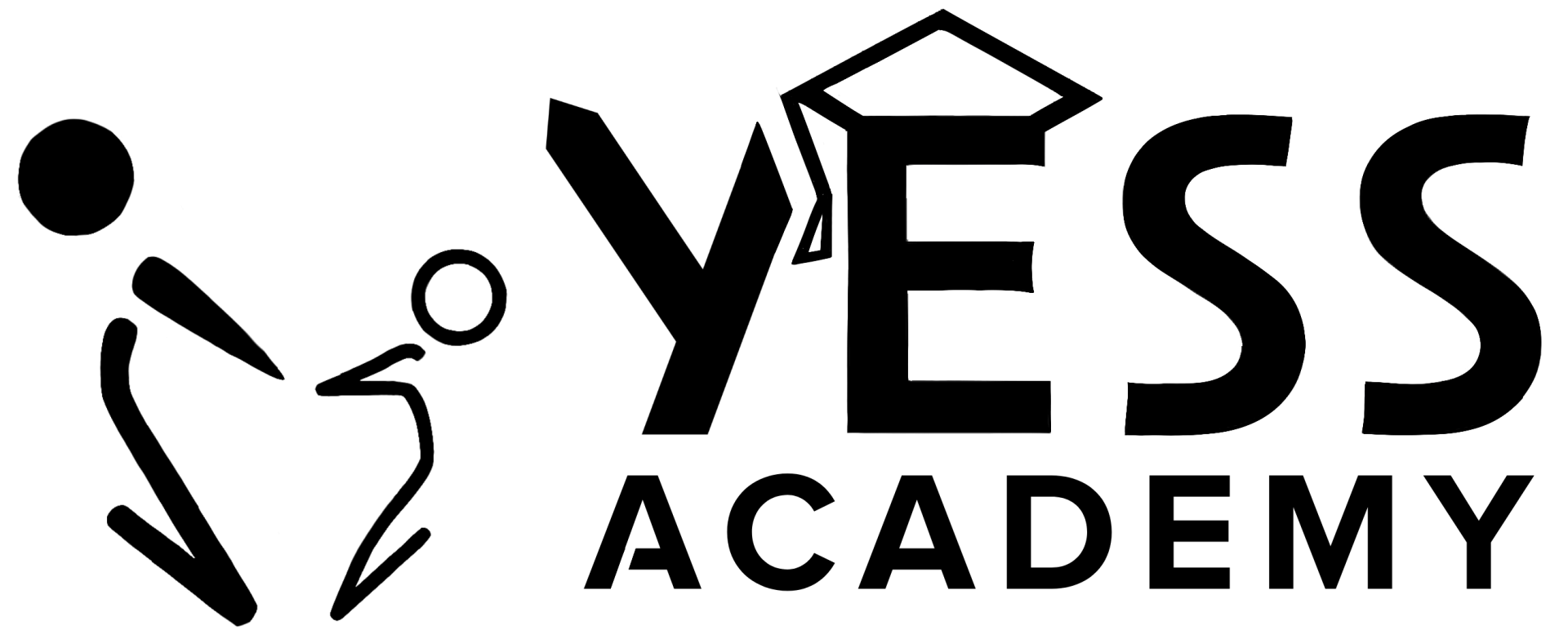The journey to effectively manage substance misuse in educational settings begins with a comprehensive understanding of its complexity. Educators need professional development programs that delve into the various substances, their impacts, and the psychological underpinnings of substance misuse. Recognizing early signs and symptoms is crucial for timely intervention.
Effective communication is the cornerstone of addressing substance misuse. Professional development should empower educators with skills to engage in meaningful, non-judgmental dialogues with students. Creating a safe, open environment is imperative for students to feel comfortable discussing sensitive issues. These skills are vital for initiating difficult conversations and providing appropriate support.

SEL plays a pivotal role in preventing substance misuse. Training educators to incorporate SEL into their curricula can equip students with essential life skills, such as emotional regulation, empathy, responsible decision-making, and relationship building. These skills are instrumental in helping students resist peer pressure and make informed, healthy choices.
Addressing substance misuse requires a collaborative effort. Professional development should include training on collaborative strategies involving counselors, administrators, and parents. Understanding how to tap into community resources, including local health services and substance misuse experts, is vital for creating a robust support network for students.
Educators must navigate the legal and ethical intricacies associated with substance misuse cases. Professional development programs should cover the legal responsibilities, ethical considerations, and school policies related to substance misuse. This knowledge ensures that educators' actions align with legal requirements and the best interests of their students.
Investing in professional development for educators in the realm of substance misuse is essential. It’s not just about enhancing their skills; it’s about safeguarding and fostering the well-being of students. Such training ensures educators are prepared to confront substance misuse effectively, creating a safer, more supportive learning environment.
Empty space, drag to resize


